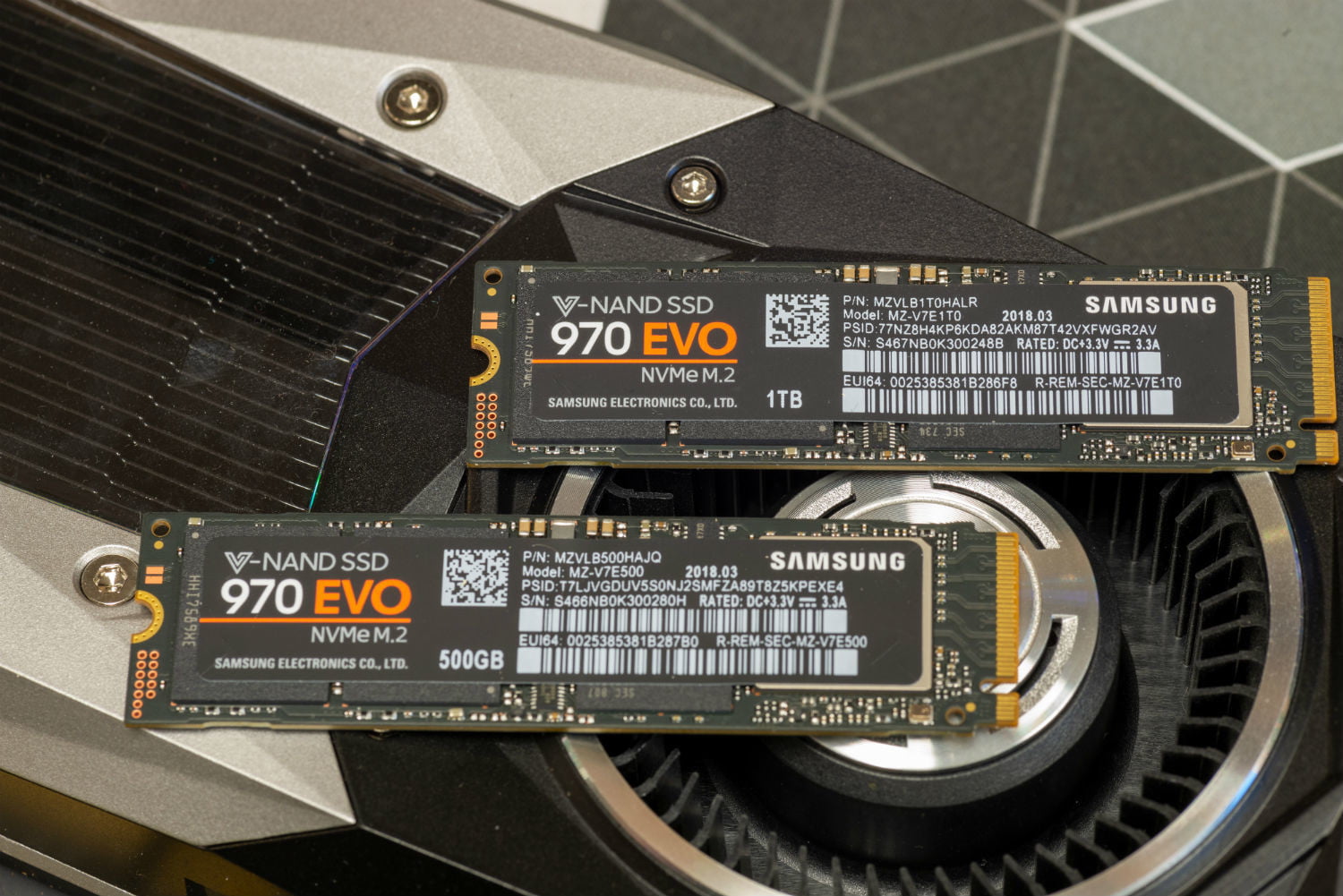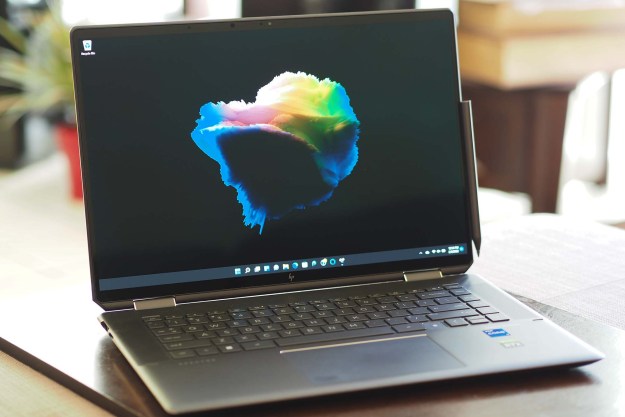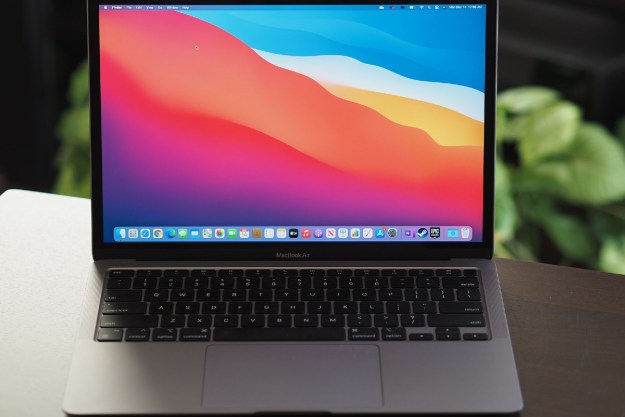
Buying a solid-state drive (SSD) today is far more cost effective than it used to be, even if you’re buying one that’s as large as a terabyte or more. A big part of that is competition in the market, but oversupply of the NAND Flash memory chips that are used in their manufacture has helped, too. With the suggestion that this trend will continue in the latter half of 2018, we could see SSDs reach historically low prices as we enter the new year.
The battle over whether SSDs are better than hard drives for just about anything but mass storage is long over, but SSDs are still typically more expensive on a dollar per gigabyte basis. That may change for smaller drives in the future though, as forecasts from DRAMExchange suggest that the average selling price of NAND flash could fall a further 10 percent in the third and fourth quarters of 2018. As with previous quarters, oversupply is to blame.
The main culprit for this is reportedly smartphones and specifically a lack of growth in that sector. With annual shipments expected to only meet, rather than exceed, last year’s, and sluggish replacement demand due to lower-than-average differentiation between new models and old, ever-expanding NAND supply is left with more stock than needed. That has meant prices have come down and major components like SSDs have been selling at lower prices because of that.
Other factors that are thought likely to affect SSD prices in the second half of 2018 include a slowing demand for notebooks with SSDs after a stronger than expected first half of the year, and strong competition in the server SSD space.
This should lead to better-than-ever prices for consumers looking to buy new SSDs, but could also lead to manufacturers offering more storage in compatible devices, as end cost will not be much affected. Smartphones have already started to respond to this with flagship devices offering as much as 512GB in some cases.
Despite SSD prices falling in the months to come though, it may still be worthwhile waiting until 2019 to buy a new one, as oversupply may yet worsen still, leading to even lower prices in the new year. A new Toshiba fabrication facility is expected to open in 2019, potentially leading to even greater falls in SSD pricing.
If you want to buy an SSD right now though, these are our favorites.



